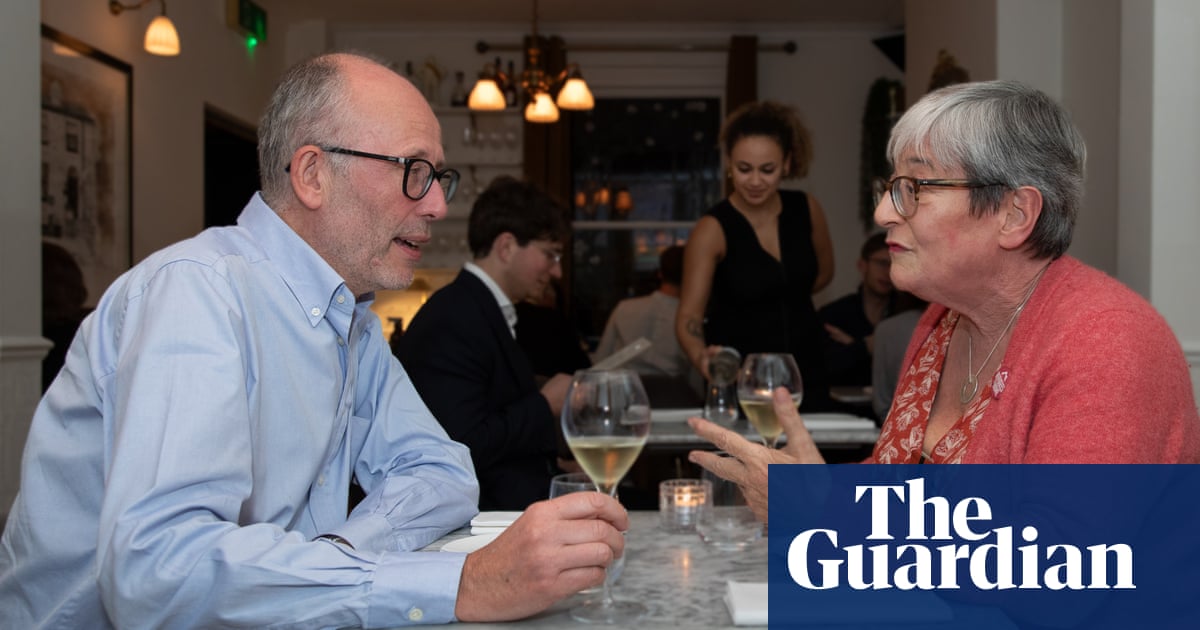
A new charity which gives away books at food banks has launched on Tuesday, with a view to providing “book banks” for food bank guests across the UK.
Bookbanks was conceived by Emily Rhodes, a writer and critic who has worked in publishing and bookselling. In 2022 she started volunteering at her local food bank in Newington Green in north-east London, and came up with the idea to set up a stall alongside it giving away books. Initially, Rhodes gave away her own books, but as the project grew she was able to get donations from organisations including bookshops, libraries, prizes and publishers, and sometimes from individuals, including food bank guests.
Now, Rhodes and her co-director Hattie Garlick have officially launched Bookbanks as a charity, and trained volunteers will take over the running of the Newington Green book bank. A second site has just opened at the Wymondham Community Outreach Project in Norfolk. The charity is seeking funding in order to expand farther across the UK, and its plan is for these two book banks to be joined by a third, at the Hammersmith and Fulham food bank in south-west London this autumn.
“Nobody should have to choose whether to ‘feed or read’,” Rhodes said. “By enabling the books industry to work closely with food banks, we can change this. Books are a powerful tool not just to improve literacy, but also to build relationships and create communities.”
Author Andrew O’Hagan said he was proud to be an ambassador for Bookbanks. “I grew up in a family that needed help, and I’ll never forget how those things formed and enlarged my sense of community,” he said.
Three per cent of people in the UK currently use food banks, and more than one in 12 UK children do not have a single book of their own. Book bank guest Yusuf, 53, said he takes books to read with his son. “It’s the best time; we are quiet together … If you haven’t got money, but you have a book, the book is knowledge and knowledge is good.”
Though book borrowing is already available free from public libraries, Rhodes stressed that Bookbanks “is about book ownership” rather than simply the opportunity to read. “People are welcome to take the books and keep them for as long as they like. They never have to return them, although sometimes they do.”
The project “is about removing as many barriers to access as we can”, she added. “A lot of people accessing food banks might not have library cards because they don’t have a fixed address. So it’s bringing the books into the food bank, into somewhere where people are going to be anyway.”
At the project’s first book bank more than 2,500 books have been distributed, and Arts Council England funding has been provided for author events to take place at the food bank. The first event, with British Bangladeshi writer Nadia Kabir Barb, took place last month.
Such events show “the potential for a food bank to be more of a space for communities to connect”, Rhodes said.












